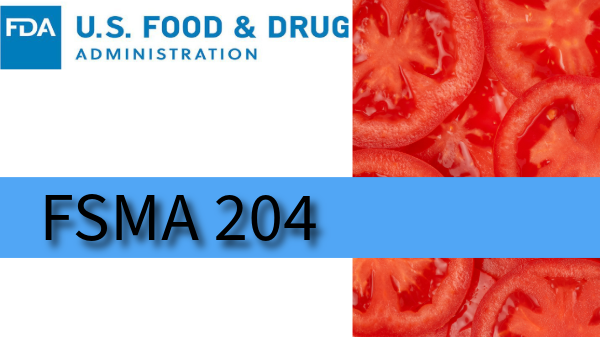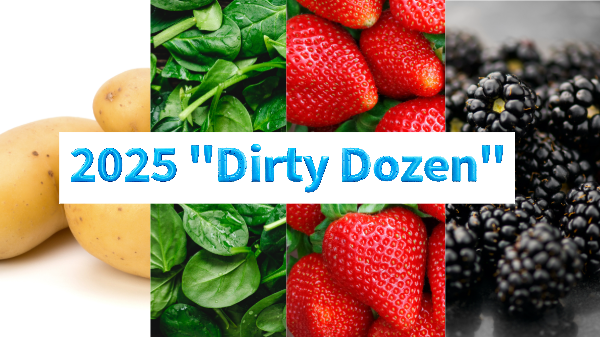Welcome to Blue Book!
Are you ready to join the thousands of companies who rely on Blue Book to drive smarter decisions? View our plans and get started today!
Still have questions? We’d love to show you what Blue Book can do for you. Drop us a line– we’ve been waiting for you.

When the FDA announced the food safety rule compliance date would be delayed by 30 months, many companies and groups felt relief.
For instance, both FMI and the National Grocers Association endorsed the delay, saying their members need more time.
But there should be other emotions, considering food safety is at stake.
“I was disappointed rather than surprised, especially with some of the government cuts,” said Gary Fleming, CEO of Inteligistics, a supply chain technology company. “We still have a problem, and it won’t be fixed by a delay.”
He said FSMA 204 has an important purpose in requiring trace-back and trace-forward, so that food safety investigations can be done much quicker and tainted product can be removed sooner from the supply chain.
Food safety remains a serious problem, as each year 48 million people suffer from a foodborne illness, 128,000 are hospitalized, and 3,000 die.
Fleming said companies that started on FSMA 204 compliance found out how complicated it can be.
“Most companies I talk to were not 100-percent ready because they rely on the people who ship them product, and who they ship to,” he said.
Compliance means automating the capture of information using GTIN and traceability lot codes on every case of fresh produce using a PTI label.
He said FSMA has these key pillars:
- Capture of harvest information
- Precooling / cooling sensors and data capture
- PTI case labels
- Barcode scanning
- Voice pick systems
- ASN information
- Transformation and transfer data capture
- IoT sensors
- APIs (application programming interfaces)
“If your company does not have a good handle on any of these terms, you have a rude awakening coming very soon,” Fleming said.
Fleming said he doesn’t know of any large buying groups who require these labels now, but many were planning to require them later this year in anticipation of the original January 2026 enforcement deadline. That could still be the case, he said.
In addition to the food safety aspect of FSMA 204, he said there’s also a business case in the efficiencies it creates, not to mention the costs associated with an outbreak, especially if it goes on longer than it should due to a lack of traceability.
With the delay, “Some companies will take their foot off the gas because there are costs involved, and that affects margins. But so far, our clients have not taken a step back. We still have active pilots still going after the delay [was announced].”
He also said consumers have a different mindset than a decade ago. They know more about food safety, they hear about it more in legacy and social media, and they can find the companies involved more easily than before.
The produce industry for generations has operated in a way that food safety hasn’t been used as a competitive advantage, but Fleming said that could change.
If some buyers and suppliers commit to FSMA and traceability and require it from their partners, they are investing in a system that will still become law, and they potentially compete against those who are not making that investment.
“Food safety can be a competitive advantage,” Fleming said.








